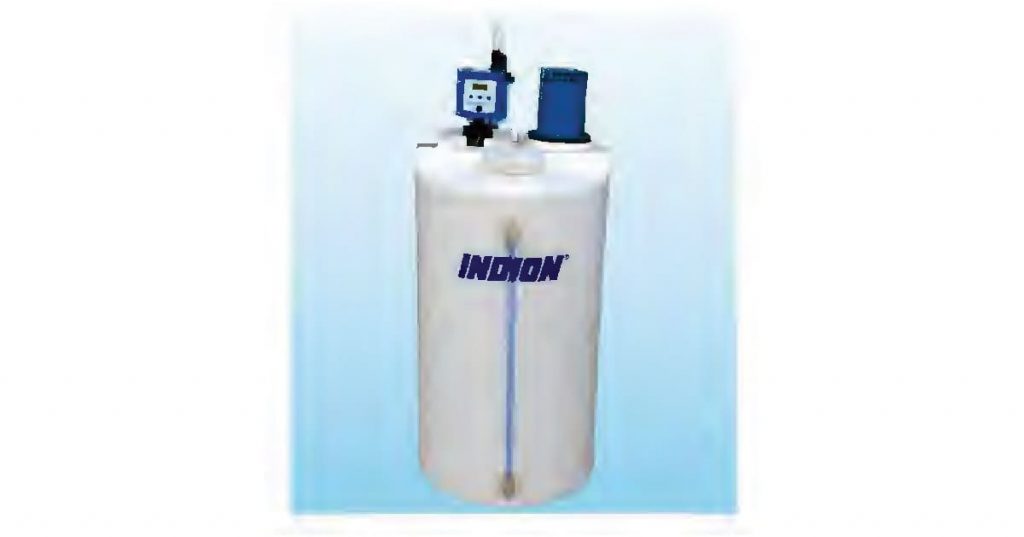Water treatment is essential in ensuring clean water’s safety and availability for various applications. In Saudi Arabia, where water scarcity is a significant concern, efficient water treatment methods are crucial. The chemical dosing system is one of the most effective solutions in water treatment facilities. This system plays a pivotal role in maintaining water quality by accurately delivering chemicals into the water treatment process.
In this blog, we will explore the benefits of a chemical dosing system, its applications, and why it is vital for Saudi Arabia’s water treatment infrastructure.
What is a Chemical Dosing System?
A chemical dosing system is an automated setup designed to introduce precise amounts of chemicals into water or wastewater streams to achieve desired treatment outcomes. These systems are commonly used for disinfection, pH adjustment, coagulation, and scale prevention. The use of accurate dosing systems ensures optimal chemical usage, enhancing efficiency while reducing waste.
Benefits of a Chemical Dosing System in Water Treatment
- Improved Water Quality: Chemical dosing systems ensure consistent and accurate chemical delivery, which results in high-quality treated water. Whether for municipal, industrial, or agricultural use, maintaining water quality is essential to meet safety standards.
- Efficiency and Precision: Automated dosing systems precisely control chemical quantities, preventing underdosing or overdosing. This precision improves process efficiency and reduces the need for manual intervention.
- Cost Savings: Accurate chemical usage minimizes wastage, leading to cost savings in chemical procurement. Additionally, efficient systems reduce the need for frequent maintenance and labor costs.
- Environmental Protection: By preventing excess chemical discharge into the environment, chemical dosing systems contribute to sustainable water management practices in Saudi Arabia. This aligns with the country’s Vision 2030 goals for environmental conservation.
- Operational Safety: Automated dosing systems reduce human exposure to hazardous chemicals, enhancing workplace safety. Modern dosing systems also come equipped with safety features to prevent leaks and spills.
- Customization and Scalability: Chemical dosing systems can be tailored to specific treatment requirements and scaled up as demand increases. This flexibility makes them suitable for both small-scale and large-scale water treatment facilities.
Applications of Chemical Dosing Systems in Saudi Arabia
Saudi Arabia relies heavily on water treatment processes due to its arid climate and limited freshwater resources. Chemical dosing systems are extensively used in:
- Municipal Water Treatment: Ensuring the supply of safe drinking water by disinfecting and balancing pH levels.
- Industrial Water Treatment: Treating process water in industries like petrochemicals, power generation, and food processing.
- Desalination Plants: Chemical dosing systems are critical in desalination processes to manage scale formation and corrosion.
- Irrigation Systems: Ensuring safe water for agricultural purposes by controlling salinity and preventing clogging.
Types of Chemical Dosing Systems
-
Manual Dosing Systems:
-
-
- Operated manually with basic controls.
- Suitable for small-scale applications.
-
-
Semi-Automated Dosing Systems:
-
-
- Combines manual oversight with automated components.
- Balances cost and efficiency.
-
-
Fully Automated Dosing Systems:
-
- Controlled by programmable logic controllers (PLCs).
- Ideal for large-scale and complex water treatment processes.
Why Saudi Arabia Needs Efficient Chemical Dosing Systems?
Saudi Arabia faces several challenges in water management, including:
- High Water Demand: Rapid urbanization and industrial growth have increased water demand.
- Water Scarcity: With limited freshwater resources, the country relies heavily on desalination and wastewater recycling.
- Stringent Regulations: Compliance with national and international water quality standards requires precise water treatment processes.
Chemical dosing systems offer a reliable solution to these challenges by optimizing chemical usage, ensuring consistent water quality, and minimizing environmental impact.
How Ion Exchange’s Chemical Dosing System is Essential for Water Treatment?
Saudi Arabia has stringent water quality standards set by the Environmental Protection Agency (EPA), and chemical dosing systems are crucial for meeting these standards. Whether it’s municipal water treatment, wastewater treatment, or industrial processes, accurate chemical dosing ensures that water is safe and clean for use. The need for safe drinking water and effective wastewater management is a growing concern, particularly in areas with water scarcity or contamination.
Precision Chemical Dosing with Ion Exchange’s INDION Systems
INDION Chemical Dosing Systems are engineered to provide accurate and efficient chemical dosing for water and wastewater treatment applications. These systems feature a solution preparation cum dosing tank paired with a state-of-the-art diaphragm-type electronic metering pump, ensuring precise chemical delivery. Designed for seamless integration, INDION Chemical Dosing Systems can be connected to various INDION instruments, including pH controllers, Redox potential controllers, chlorine analyzers, and flow meters, enabling automated and optimized chemical dosing for enhanced treatment efficiency.
Conclusion
The implementation of efficient chemical dosing systems is critical for Saudi Arabia’s water treatment infrastructure. These systems not only enhance water quality but also contribute to cost savings, environmental protection, and operational safety. As the country continues to prioritize sustainable water management, adopting advanced dosing systems will play a significant role in achieving its water security goals.
Connect with Ion Exchange experts today to learn more about how a chemical dosing system for water treatment can benefit your operations.


